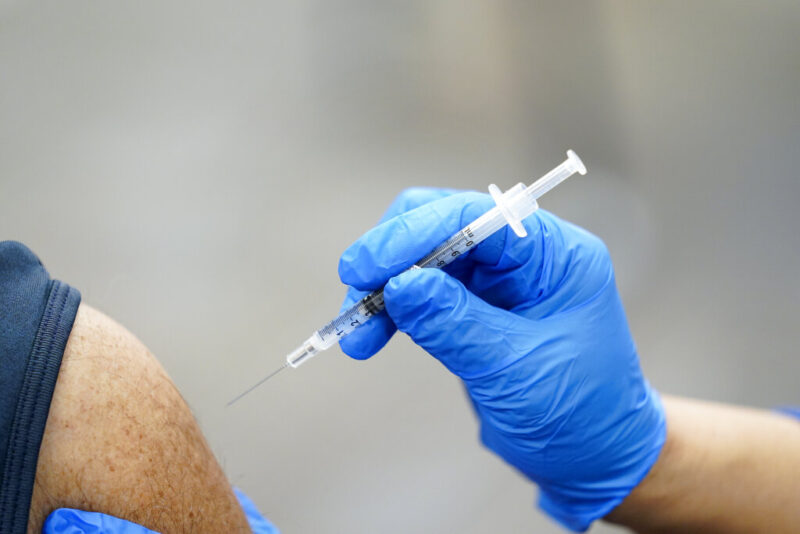In the past few weeks, there has been a real increase in the discovery of ba.2 sub-variants of omicrons from several countries, which lead to fresh concerns about the possibility of another surge in the case. Last week, the British Health Security Agency marked this sub-variant and set it as a ‘variant in the investigation’. And, in the latest weekly bulletin, the World Health Organization noted that a number of countries have reported an increase in BA’s sub-variants in the past seven days.
These sub-variants have been present in large numbers in India as well, but India is not among countries where recent improvements have been considered. BA.2 may be more transmitted than the varieties of BA.1 which are more commonly found but there is no evidence that it shows that it is more dangerous.
BA.2 is one of the few sub-variants of Omicron which has spread rapidly throughout the world since November. Omicron’s name is given to the lineage B.1.1.529 after being designated as a concerned variant. Then, it was found that this lineage has a small variation itself, and the three most commonly named B.1.1.529.1, B.1.1.529.2, and B.1.1.529.3. However, for ease of reference, this sub-genealogy is then classified as BA.1, BA.2 and BA.3.
The most common sub-variants of the Omicron in circulation until now are BA.1. This continues to be the case even now, even though the proportion of BA.2 is increasing. According to WHO, 98.8 percent of all omicron genetic sequences submitted in the global database until January 25 are varieties of BA.1. BA.2 maintains most characteristics of BA.1 but has some more mutations that can provide distinctive characteristics.
“… BA.2 Descendent Liner, which is different from BA.1 in several mutations, including in a surge protein, increases in many countries. Investigation of characteristics of BA.2, including the nature of the runaway of the immune and virulence, must be prioritized independently ( And relative) to BA.1, “WHO said.
So far, research has not shown a different advantage of BA.2 over BA.1, especially in the nature of the disease they caused, but the recent increase in the case of BA.2 is likely to place a more intense spotlight on sub-sub-. Variants.
Increased proportion of BA.2 has been considered especially in Europe, the most striking in Denmark, where more than 8,300 genetic sequences of the Omicron sub-variants have been identified so far. In fact, in Denmark, BA.2 now consists of almost half of all Omicron cases. The UK has found 607 samples with these sub-variants, while India has found 711 until now. Other countries where BA2 has been found abundantly are the United States, Norway, Sweden and Singapore.
According to the site of the wisata.info, which tracks the prevalence of different lines of this virus worldwide, BA.2 has so far found in 49 countries.
Sub-variant BA.2 is known to be more contagious than varieties of BA.1, which may be able to explain its surge in the past few days. But until now, researchers have not yet regarded differences in the nature of the disease caused.
Even though this is your lineage, there are important genetic differences between BA.1 and BA.2. In fact, the Serum Institute Station, the Danish Main Institute of Infectious Diseases, said the difference between BA.1 and BA.2 was greater than the difference between the original Wuhan variant that began the alpha epidemic and variant of the Alfa, the first major variant owned became dominant by 2020.






